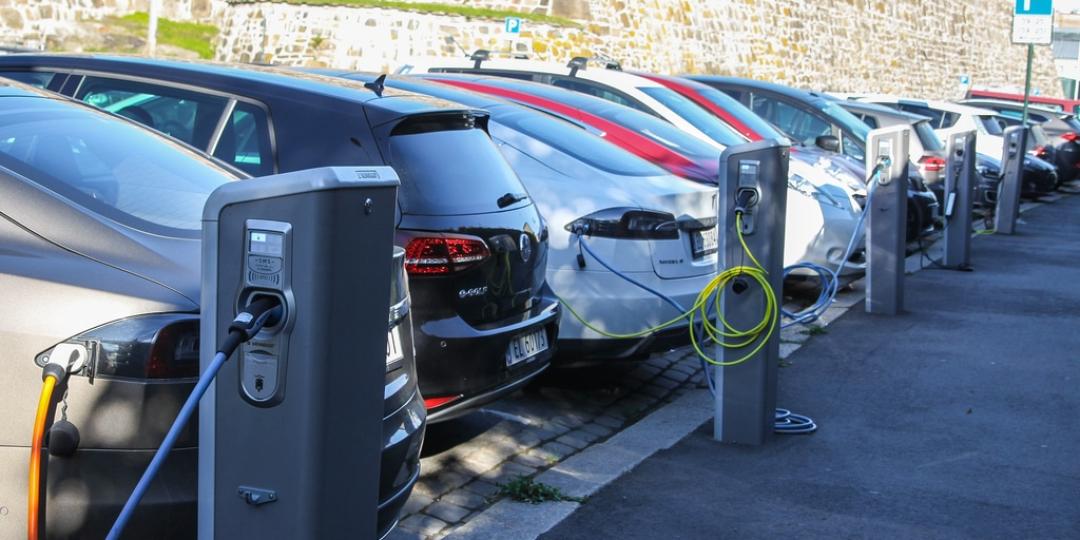Class society DNV has predicted that global oil consumption will halve by 2050 in its latest decarbonisation outlook report.
According to Maritime Executive, DNV expects high-efficiency electric cars and trucks to cut deeply into the demand for petroleum. Electric-powered vehicles for road transport are expected to outperform e-fuels and biofuels in cost for passenger vehicles. Long-haul trucking is also expected to see a ramp-up in electrification of vehicles over the next 30 years.
DNV predicts that the ultra-high efficiency of battery-electric technology and plummeting demand for carbon-based fuels in road transport will lead to a 50% drop in the use of oil in the sector.
CEO Remi Eriksen predicts that the cheaper cost of electric vehicles will drive demand.
"Direct electrification is by far the most efficient use of energy. What electrifies will be cheaper. And that is why road transport will almost completely transform in the space of a single generation,” Eriksen said.
"Everything that can be feasibly electrified should be electrified. Transport that cannot be electrified should be incentivised to switch to sustainable biofuel in the medium term before a hydrogen-based fuel ecosystem can scale from national to regional, and then global." However, aviation and shipping are exceptionally difficult to electrify at scale, with the result that battery-electric power is forecast to account for only a tiny fraction of the total energy requirements of these sectors. If a sufficient supply of feedstock is sourced, advanced biofuel could have as much as a fifth of the energy market in the maritime sector by 2050. But it will be expensive as there is already intense competition. DNV predicts that the next leading candidates for alternative fuel for shipping will be green hydrogen-based e-fuels like green ammonia and green methanol, which could comprise up to half of the fuel for shipping by 2050.
However, apart from in Northern Europe, where there is a strong political will to transition to hydrogen-based e-fuels, the uptake will likely be limited for the next decade.













